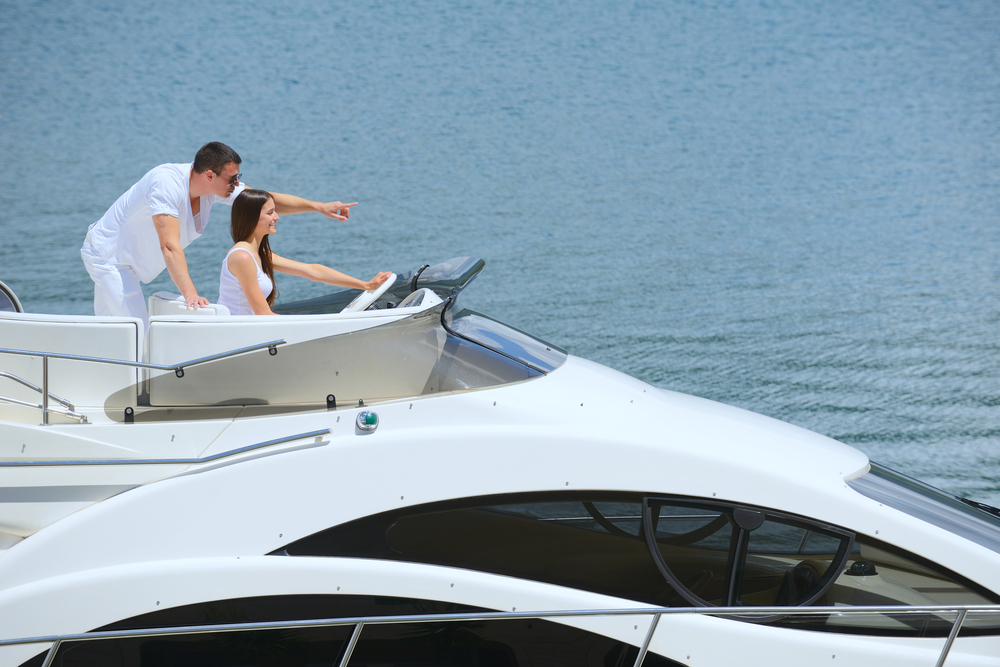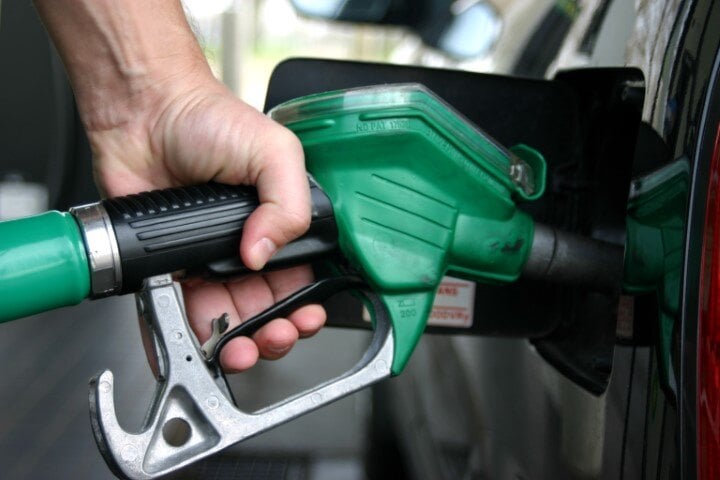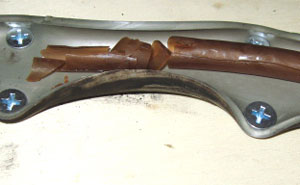Your Checklist to Ensure You Aren't Robbing Your Boat of Horsepower
No matter what kind of boat you own, if you’re like most boat owners you want to squeeze out as much horsepower from it as possible.

But the world is not perfect and finding gas today without ethanol is nearly impossible. Many marinas will carry E10 ethanol fuel, meaning that the gas has 10 percent ethanol. E15 gasoline has also been approved but only for certain applications (i.e. cars made after 2007), but not for use in marine or small engines.
 For the past 100 years, alcohol has been a fuel additive. Back around the turn of the 20th century, many early cars like the Model T were designed to run on straight ethanol fuel. But times have changed and engines are more advanced now. There are many studies showing that alcohol is harmful to a gas fuel system and engine. And this is especially true for the marine market.
For the past 100 years, alcohol has been a fuel additive. Back around the turn of the 20th century, many early cars like the Model T were designed to run on straight ethanol fuel. But times have changed and engines are more advanced now. There are many studies showing that alcohol is harmful to a gas fuel system and engine. And this is especially true for the marine market.
Ethanol is a powerful solvent and that will dissolve fiberglass fuel tanks. Not only does ethanol react with fuel tanks, it also reacts with fuel filters and carburetors.
Ethanol is an excellent cleaner, but at the levels found in E10 gas, it acts as a solvent that cleans sludge while dissolving polymers. This can certainly stop your marine engine.
Ethanol is hygroscopic, which is a scientific term for attracting water. Water from condensation often forms in the fuel tanks of boats. The ethanol attracts and absorbs the condensation. When this occurs, a boat engine may stop working due to water contamination or fuel phase separation.
Here are some ways to counter the effects of ethanol in your boat’s fuel.
1. Never use ethanol gasoline that is over 90 days old. Ethanol shortens the shelf life of gas and old gas is likely to absorb water and cause you problems.
2. Keep up with your maintenance schedule. Changing fuel filters and keeping your carburetor clean goes a long way towards limiting the sludge build-up attributable to ethanol.
3. Take care of problems immediately. Repetitive performance issues such as a carburetor that is always fouling need a proactive approach to the problem. Drain the fuel and replace it with fresh gasoline. If possible, get 100 percent gasoline. Ethanol-free gas is the best solution, but increasingly difficult to find. If you have a boat and you’ve tried to find it, you know exactly what we’re talking about.
When using an additive to counteract some of the effects of ethanol-treated gas, read labels carefully. Many additives for fuel contain ethanol or other alcohol products. And you can’t fix an alcohol problem by adding more alcohol.
The best additives do not have any alcohol in them. A quality fuel treatment should combine combustion improvement, alcohol-free ethanol protection, and detergents in a single product. The best products have excellent non-alcohol-based water-absorbing ingredients. These additives improve fuel efficiency lost to ethanol, improve engine performance, and cut engine emissions. These products also clean your injectors, valves, and other engine parts that may be fouled due to ethanol’s solvency sludge deposits.
Follow these tips and your boat will run well, even if fueled with E10 gasoline.
Photo Credit / Creative Commons / No Changes Made

No matter what kind of boat you own, if you’re like most boat owners you want to squeeze out as much horsepower from it as possible.

In the late 1900s all gas stations sold ethanol free or pure gasoline. By 2011, that number diminished to less than 5,000 gas stations. This amounts...

Boaters have now had the better part of the summer to assess the situation with ethanol blends and their watercraft. So what’s the assessment?